[This is the third installment to a lecture I gave to the Rising Tide Foundation in January 2023. For Part I refer here. And Part II here.]
We left off in the second installment of this lecture discussing how Lessing’s play “Nathan the Wise” by 1779 was banned in Vienna. This is interesting since in this third instalment we will be discussing the role of Mozart and Beethoven continuing this theme and question of whether a Harmony of Cultures is possible. Mozart’s famous opera, “Abduction from the Seraglio,” was very much inspired by Lessing’s “Nathan the Wise” and Mozart would in turn be censored in Vienna for this political intervention. It is for this reason that Mozart’s operas would all be written in the Italian language (his earlier operas being in German) from then on, since Mozart was only allowed to write operas for an Italian audience, after being banned in Vienna.
In the second instalment, we finished the story and friendship of the two fathers of German Classicism: the Christian Gotthold Lessing and the Orthodox Jew Moses Mendelssohn. Lessing and Mendelssohn were close friends for their entire life and had about a 25 year long friendship which started when they were about 25 years of age.
So again, a very close friendship and successful, even though Lessing had a bit of a sad end, they were successful in their intervention and they spearheaded the German Classical Movement, especially Weimar Classicism, which wouldn’t have been possible without Gotthold Lessing and Moses Mendelssohn.
In 1782 you have Emperor Joseph II who puts forth the Edict of Toleration, which again is very much the sort of thing Moses Mendelssohn was actively organising for. The Edict of Toleration was a declaration that stated that members of any given religion were not to be persecuted for engaging in their religious practices and traditions. Recall from Part II of this series that Jews were not given full civil rights, including the right to marry and have children if you were not the first born son. Jews were forced to live in squalid ghettoes, pay special taxes, including a tax for celebrating the Holy Sabbath and congregating for religious prayer service. Jews were not allowed to own land and they were not allowed to have a secular education (meaning an education outside of narrow religious teachings, the sciences and arts were forbidden education under the Viennese law). Notice that a great deal of these restrictions were meant to further isolate the Jews from Viennese society, if they wanted to fully participate in society, they would have to convert to Christianity. So the introduction of the Edict of Toleration was a huge step in the right direction even though the Jews still weren’t treated as equals to the Christians under Viennese law.
Basically, Emperor Joseph II was trying to intervene on many things politically and culturally during this period and they were good initiatives. Mozart, is invited to help Joseph II with this, which is in the form of the opera, “Abduction from the Seraglio,” for reasons that are ultimately to intervene on Catherine the Great’s son, who is going to come to Austria to try to convince Joseph II to enter into a war with the Ottoman Empire.
This was happening during the American Revolution and so there is clearly an imperialist agenda vs a republican agenda that was very much battling it out in Vienna during this period, as well as in Germany and France. So, Mozart’s “Abduction from the Seraglio” was an intervention in this attempt to get Austria to enter into this war with the Ottoman Empire. I will discuss the opera in further detail a little later on.
As already discussed in the second instalment to this lecture series, Moses Mendelssohn who was also involved in organising Emperor Joseph II, was being pressured from various quarters to convert to Christianity, including if he wished to seek citizenship for the Jews that he must convert to Christianity first! [For more details on this story refer to David Shavin’s essay “Philosophical Vignettes from the Political Life of Moses Mendelssohn.”]
So you see there is this problem, in certain Christian thought, that you cannot be recognised as a human being until you convert to their faith. In response to this, Moses Mendelssohn wrote the historic “Jerusalem, or On Religious Power and Judaism.” In his concluding advice within this book Moses writes:
“Jerusalem” by Moses Mendelssohn was first published in 1783 and Immanuel Kant’s friend J.G. Hamann attacked Mendelssohn in his Golgotha as, “a circumcised fellow-believer in the spirit and essence of pagan, naturalistic, atheistic fanaticism.” On the other side, Mendelssohn was attacked by one J.H. Schulz for being too religious, and for allowing his Jewish fanaticism and intolerance to attack atheism. Moses, privately, described the situation as being “in the position of a husband whose wife accused him of impotence and whose maid charged him with having made her pregnant.”
What is very telling of Mendelssohn’s political views, since he was asked which government he preferred, he responded “the monarchical, if the ruler were a wise man…the republican, if the people were wise.”
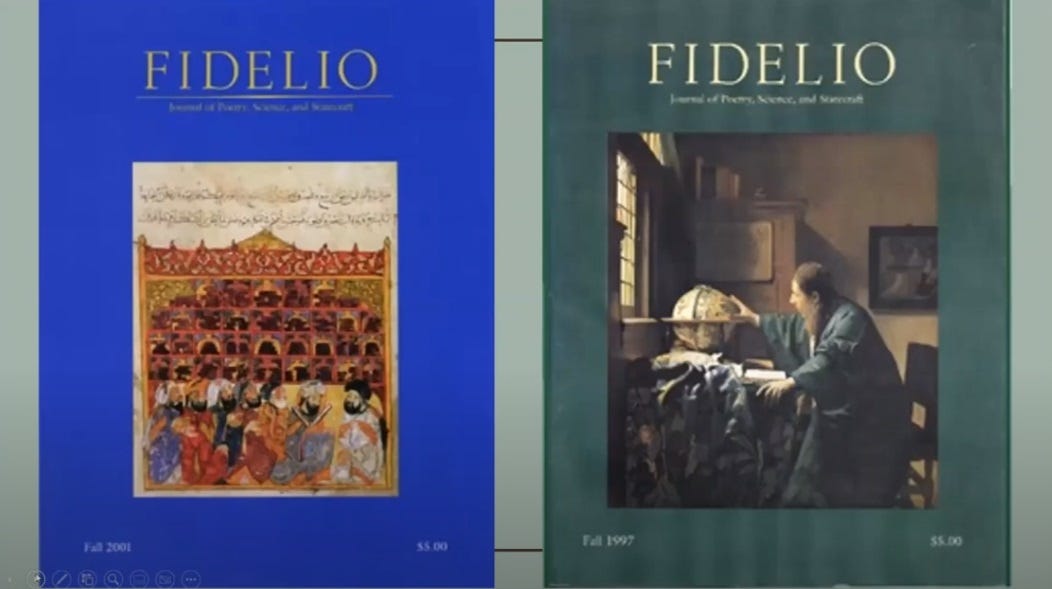
So Emperor Joseph II seems like a pretty good guy, he does talk about how all men are equal from birth, and that is a very good thing for an emperor to be saying. He was attempting a cultural intervention into Vienna via opera, because the Italian opera by this time was pretty big, and as I already have mentioned in this lecture, Boccaccio and Dante had played a big role in uplifting the Italian language such that the Renaissance could take form, and this allowed for the later emergence of the Italian opera.
Italian opera was used as an educational and cultural tool for all levels of society. So Emperor Joseph II recognised the need for that in the German theatre and he had launched the German National Theatre with the project of ``Nationalsingspiel,'' where the German language would be taught to sing. This idea very much excited Mozart, being German himself. There is a great deal of evidence that Mozart was very much a part of republican circles, this is outside the scope of this lecture, however, for more details refer to David Shavin’s essay “Mozart and the American Revolutionary Upsurge.”
By the summer of 1721, the 25 year old Mozart was chosen by Emperor Joseph II to set the opera “Abduction from the Seraglio” for the occasion of the critical state visit of the Russian Grand Duke Paul, the son of Catherine the Great. This was a standing victory for Mozart politically and culturally because with the staging of this opera, which was extremely popular, there was no further talk to attempt to draw the Austrians into this war with the Ottoman Empire until pretty much the time of Mozart’s death. So that is a pretty big effect. However, it wasn’t all good news, which I will explain shortly.
The following is from the opera “Abduction from the Seraglio”:
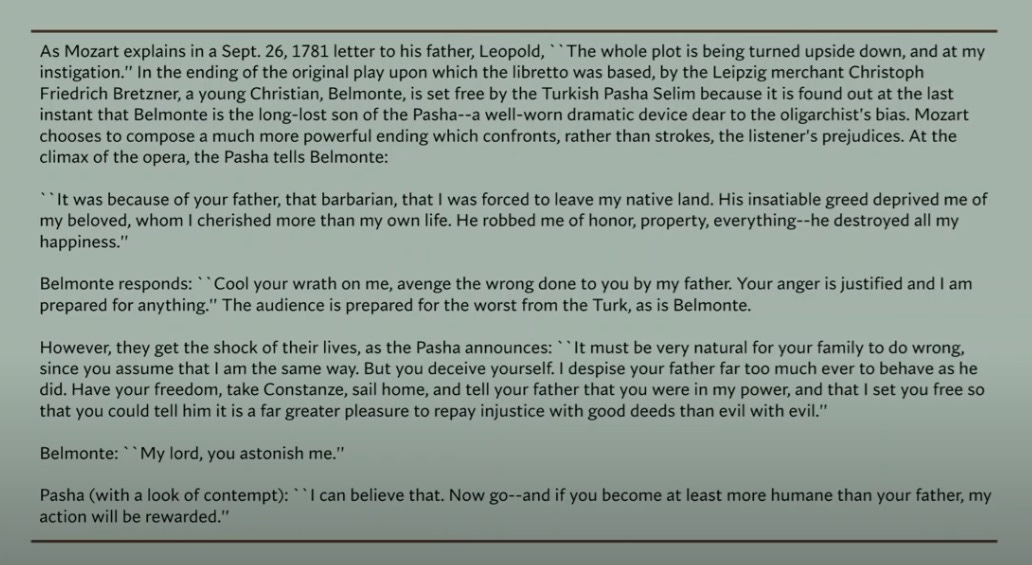
So, Mozart is stating this, very much like in “Nathan the Wise.”
Shavin writes:
“What Mozart stated by the actions he wrote for the Pasha, was that bloodlines did not determine morality. The qualities of "Christian love" and of "dispensation" were qualities capable of appearing among various branches of humanity, not limited to aristocratic [Christian] bloodlines. The opera shook Vienna and Europe no less than the "America thesis" was shaking the structure of European political relations.”
This intervention by Mozart seriously set back the war party that was trying to draw support for war against the Ottoman Empire. For the next nine years of Mozart’s life the “Abduction from the Seraglio” was performed in more than 40 cities all over Europe and thus was a massive success.
Shavin continues:
“Lessing's influence is especially clear in The Abduction from the Seraglio. In its ecumenical lesson-that reason governed by the highest form of love, resolves the deadliest political and strategic conflicts-the opera strongly echoes the dialogue among Christian, Jew, and Arab in Lessing's play Nathan the Wise. Mozart not only relished Lessing's plays; he actually studied the mind of the real life Nathan, Lessing's lifelong friend, Moses Mendelssohn ( 1729-86). Mozart owned a copy of Mendelssohn's Socratic dialogue, Phaedon, or On the Immortality of the Soul, which was being circulated in Vienna by Fanny Arnstein, an associate both of Lessing and of Moses Mendelssohn.
Moses Mendelssohn was the grandfather of the composer Felix Mendelssohn ( 1809-47), and Fanny Arnstein was his great-aunt. Mozart, during the very period of his composition of The Abduction, lived with the Arnstein household, one Christian among a couple of dozen Jews! Volkmar Braunbehrens, the author of Mozart in Vienna, deserves full credit for calling attention to this remarkable situation. What discussions went on in that household about Moses Mendelssohn's Phaedon, Lessing's Nathan the Wise, and the composition of The Abduction, we can only imagine.”
Shavin continues:
“One ruler of the numerous principalities that made up Germany, Duke Karl Eugen of Wiirttemburg, was particularly interested in snuffing out this fire. Karl Eugen has the dubious role of being the enemy of the causes of the two greatest artists of his era-Friedrich Schiller and Wolfgang Amadeus Mozart.
Five years before, Karl Eugen had distinguished himself by jailing his court poet and musician, Christian F.D. Schubart, for an unspecified sentence, and without the bother of a trial. In 1 776, Schubart had been "too frank" about the sale of his fellow Germans to the British monarch as cannon fodder against the American colonies. Schubart had been the music director of the court and the theater in Stuttgart. Schubart's imprisonment was the living example of the Duke's politics. Only eleven years later did the Duke bow to political pressure, and release Schubart from prison. Though Schubart only enjoyed four years of freedom before his death, today his voice lives on in the glorious setting of his poem "Die Forelle" ("The Trout"), by Franz Schubert.
Karl Eugen worked hand-in-glove with his niece's husband, the Russian Grand Duke Paul, in attempting to capture Joseph and the Austrians, with maneuvers which included multiple marriage alliances. During Karl Eugen's trips eastward from Stuttgart to Vienna with the Russian party, Friedrich Schiller, an Army surgeon attached to one of his regiments, secretly headed north to Mannheim. There in January 1 782, his first play, The Robbers, based upon a story by political prisoner Schubart, was staged by the German-language theater where, only four years earlier, Mozart had attempted his German-language experiment Semiramis. As the battle around the production of Mozart's The Abduction continued in Vienna during 1782, the first drama of the young republican poet Friedrich Schiller was unfolding on a parallel track.”
So the French were fighting alongside the Americans during the American Revolution against the British, and the Germans were being used (very similar I would say to the Irish) as cannon fodder for the British Empire. Christian Schubart’s speaking out against this received a great deal of support from artists such as Franz Schubert and Friedrich Schiller (who wrote his first play The Robbers based off of the real life tyranny of Duke Karl Eugen), showcasing again that the best of Germany’s artists, including Mozart, were taking a public stance against imperialism and tyranny and were in support of the republican movement and the liberty of the people.
Schiller would also be arrested by Duke Karl Eugen’s forces on his return from Mannheim, which was a center for American republican politics. Mozart would also spend a great deal of time in Mannheim. When Schiller was released from prison he was told that he would have to submit any of his future works to Duke Karl Eugen, due to the political nature of his first play “The Robbers,” which was a clear criticism of Duke Karl Eugen and the unlawful imprisoning of Christian Schubart. Schiller manages to escape to Mannheim, the political hub in support of American republicanism, while the Duke Karl Eugen was away, Schiller returned to this region under Eugen’s tyranny.
So again, it is very clear, that these German artists that are wrongfully categorised as “romantics” were in fact very political, which was conveyed in their actual art, and in support of the republican movement modelled off of the American Revolution.
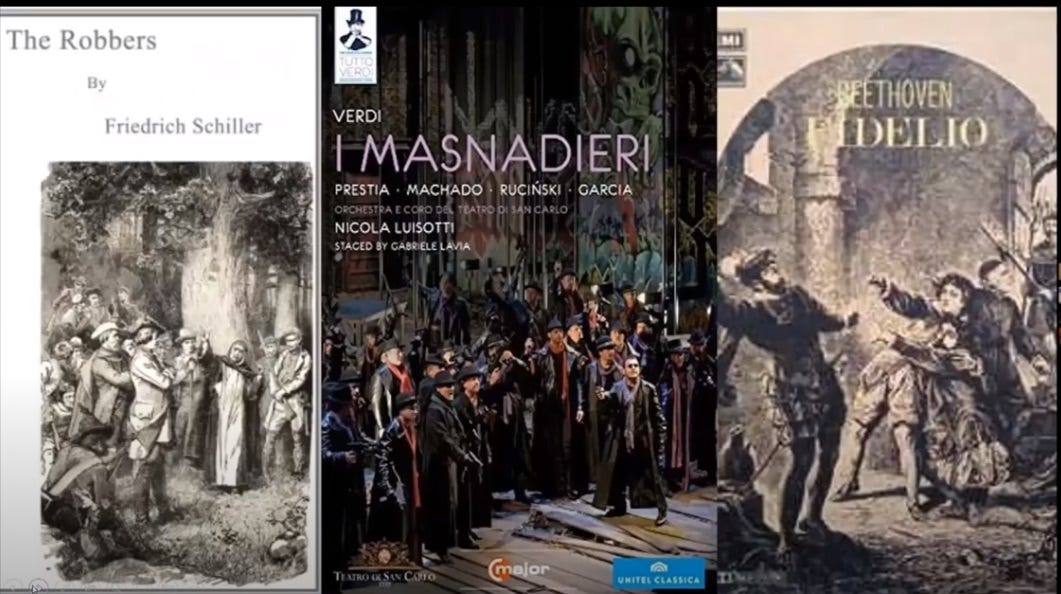
The “Abduction from the Seraglio” was a huge success but there are also a lot of operations that begin around Emperor Joseph II as a result of this successful intervention against war with the Ottoman Empire. Such that Joseph II continued with his political interventions but began to waver on his cultural interventions, not realising that the cultural interventions were really at the heart of any kind of change he wished to bring about for the better.
Thus, even though the “Abduction from the Seraglio” was a huge success by Mozart, Joseph II isn’t really giving Mozart a lot of opportunities later on to do more of these types of quality intervention.
Johann Valentin Gunther, who was basically the closest advisor to Emperor Joseph II, was also very close to Mozart and Mozart’s networks. Gunther ends up getting arrested the same time that Schiller is arrested, Schiller was released within two weeks but Gunther remained in prison, for I think the whole summer. By the time he was released, Joseph II was poisoned into thinking that he could not trust Gunther. This only worked to further expose Joseph II to further operations and misinformation.
The German culture vein that was so successful with its intervention via the “Abduction from the Seraglio” ends up being capped off because of Joseph II being disorganised. As a reaction to this Mozart writes to his father:
Mozart began to take German opera projects on his own, with or without commission, he explained to his father that the lack of commitment by the nobility was not going to deter him. After the success of the “Abduction from the Seraglio” he was ready to produce operas at his own expense and reap the profits. In 1783, however, Antonio Salieri became head of the National Theater, ending its "German" experiment. This is especially interesting since Pushkin would write his infamous short story on “Mozart and Salieri”, where in Pushkin’s rendition, Salieri wishes to quite literally destroy Mozart and the name of Salieri would forever be infamous after that.
Friedrich Schiller, who overlapped with Mozart’s life, would continue this German current in drama, however, it would be the Italian opera composer Giuseppe Verdi, who would put the works of Schiller onto the opera stage. There was a conscious act to not allow this for the German language since such things were associated with political ideas, most notably republican, and thus the censorship was that heavy at the time in Germany and Austria. But Schiller’s works would make it to the opera stage in the Italian language.
So after Emperor Joseph II is disorganised in his cultural fight, Mozart who was in the process of working on Pierre Beaumarchais’ play “The Marriage of Figaro” for the German opera stage (Beaumarchais was another American republican supporter) - Joseph II unfortunately removes his support for Mozart thinking his political intervention will be likelier to succeed if he just plays along with the cultural censorship that he was being pressured to do. Again, a terrible move on Joseph II’s part.
Beaumarchais’ earlier play “The Barber of Seville” had already made a successful transition to opera by Giovanni Paisiello (before the famous opera by Gioachino Rossini). Beaumarchais “The Marriage of Figaro” with its frank treatment of class conflict was at first banned in Vienna. Emperor Joseph II stated that "since the piece contains much that is objectionable, I therefore expect that the Censor shall either reject it altogether, or at any rate have such alterations made in it that he shall be responsible for the performance of this play and for the impression it may make", which he obviously didn’t want to be responsible for.
The Austrian Censor would end up forbidding a German version performance of the play. Mozart’s librettist managed to get official approval from the emperor for an operatic version, but it was never performed in Vienna nor in the German language, but rather in Italy after it was translated from German into the Italian language for the opera stage.
The opera was one of three collaborations between Mozart and Da Ponte, which are legendary (Marriage of Figaro, Don Giovanni and Cosi fan tutte). Since Mozart could only perform the operas he wished, in Italy (although he still needed to pass certain censor even in Italy), he needed an Italian librettist. Da Ponte was one of the greatest Italian writers for transforming plays into operas while preserving the soul of the drama.
Da Ponte was able to turn the play into a libretto in 6 weeks, rewriting it in poetic Italian, though unfortunately, to appease the censors he had to remove some of the heavier political components. In particular, Da Ponte replaced Figaro’s climactic speech against inherited nobility which was in the original play with an equally angry aria against….“unfaithful wives.”
The libretto was approved by Emperor Joseph II before any music was written by Mozart. The Imperial Italian Opera Company paid Mozart 450 florins for the work, this was 3X his yearly salary when he had worked as a court musician in Salzburg. Da Ponte was paid 200 florins.
Shavin writes:
It would be Beethoven’s “Fidelio” opera, which was performed in the German language that would be the answer to that. Unfortunately there was not a lot happening outside of this success for German opera and sadly this was Beethoven’s only opera. He was working on an opera on Macbeth, to which we have some of the music for, but it was never completed.
Beethoven’s “Fidelio” was extremely political and was clearly based on the imprisonment of Marquis de Lafayette who was imprisoned in Austria and who’s wife and daughters had come to live with him while he was in prison. Eventually he was freed from the Austrian prison. Marquis de Lafayette was very much at the head of France’s defense of the American republicanism in the American Revolution against the British imperial structure, and was trying to bring that about for France as well - but things got very complicated and muddied which is too complex to talk about in this lecture but Lafayette ends up being imprisoned in Austria because he is considered a troublemaker to monarchy and systems of empire.
And so, Beethoven does the opera “Fidelio” which is very much a commentary on this unlawful imprisoning of Lafayette. And there is a very moving scene in the “Fidelio” called “The Prisoners’ Chorus.” Verdi would do a similar scene in his “Nabucco” opera with a Hebrew Slave Chorus.
In Beethoven’s “Prisoners’ Chorus” these are likely all political prisoners. I want to share with you the lyrics of this chorus before playing a clip of it for you. The scene is happening during a rare moment when the prisoners are allowed out of their prison cells to have some open air. They have been in this dark dungeon for years.
And now here is the clip of the “Prisoner’s Chorus” from I think the best performance of “Fidelio” performed in 1964 starring Christa Ludwig (the prisoners come in about 1 min into the clip, make sure to watch to the very end which holds a very moving scene, again recall these are political prisoners of Austria locked away most of them for their entire lives):
That pretty much concludes this lecture, but I think it is a good note to end on, which is this unfinished battle which was, I hope, a somewhat coherent display of a historical collaboration through the three religions but also something higher, which is a love for Wisdom, a love for Truth, a love for Justice, that even the pagans, such as Plato and Socrates were also for and were unified in a common cause. And thus, the three rings should be viewed in this harmonic collaboration, in partnership, to battle the true root of evil, of ignorance, of tyranny. And what a beautiful marriage that would be, and again, what Lessing does with this idea (in his play “Nathan the Wise) of the Holy Land being the place where the three religions can actually come into harmony removed from their prejudices, and that this is what truly makes the Holy Land “Holy”, is I think such a beautiful message. And I hope that I showed in this lecture that this Harmony of Cultures has indeed historically occurred and thus is capable of happening again, we just have to open our eyes to that possibility.
Cynthia Chung is the President of the Rising Tide Foundation and author of the books “The Shaping of a World Religion” & “The Empire on Which the Black Sun Never Set,” consider supporting her work by making a donation and subscribing to her substack page Through A Glass Darkly.
Also watch for free our RTF Docu-Series “Escaping Calypso’s Island: A Journey Out of Our Green Delusion” and our CP Docu-Series “The Hidden Hand Behind UFOs”.

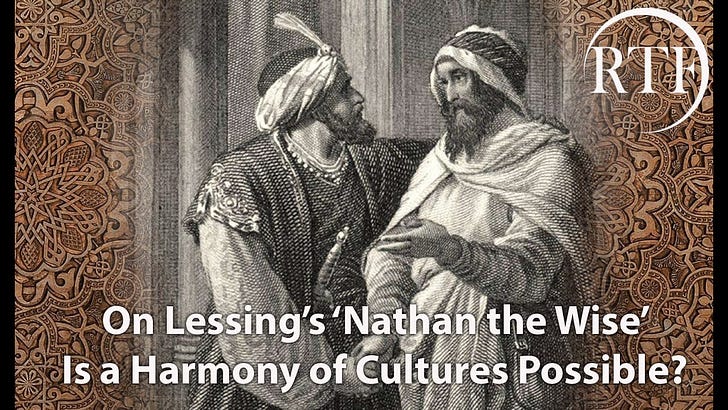


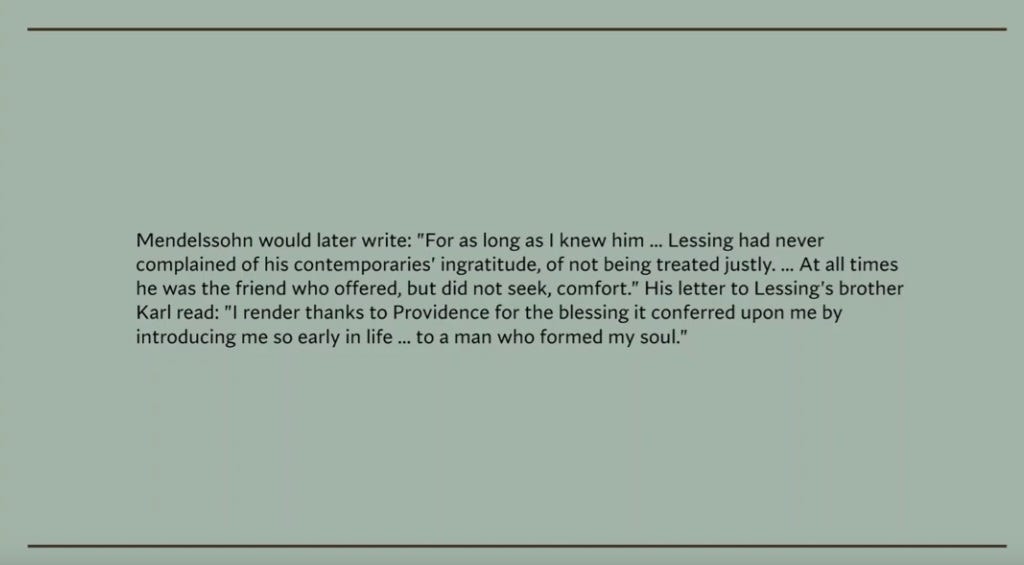
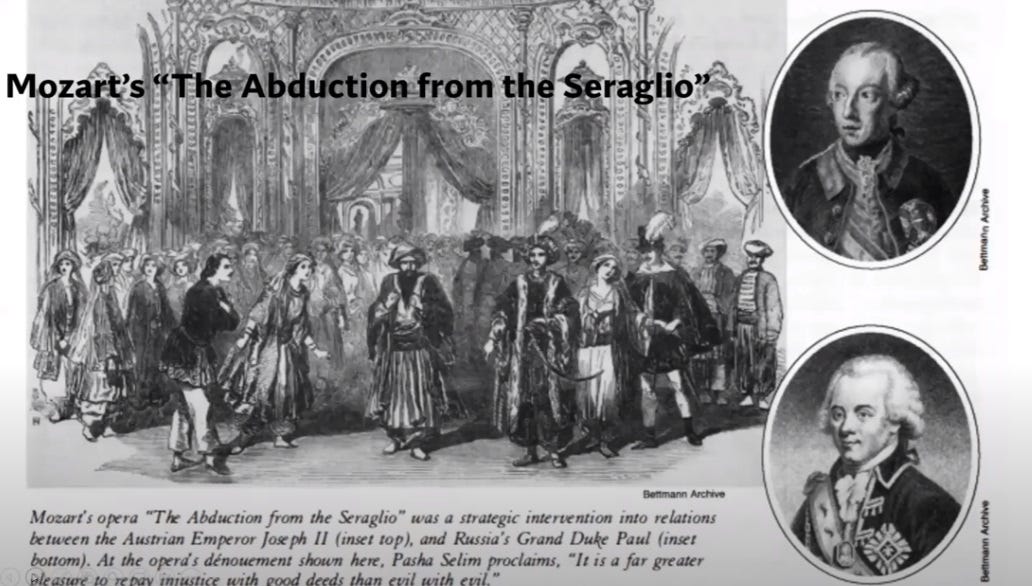
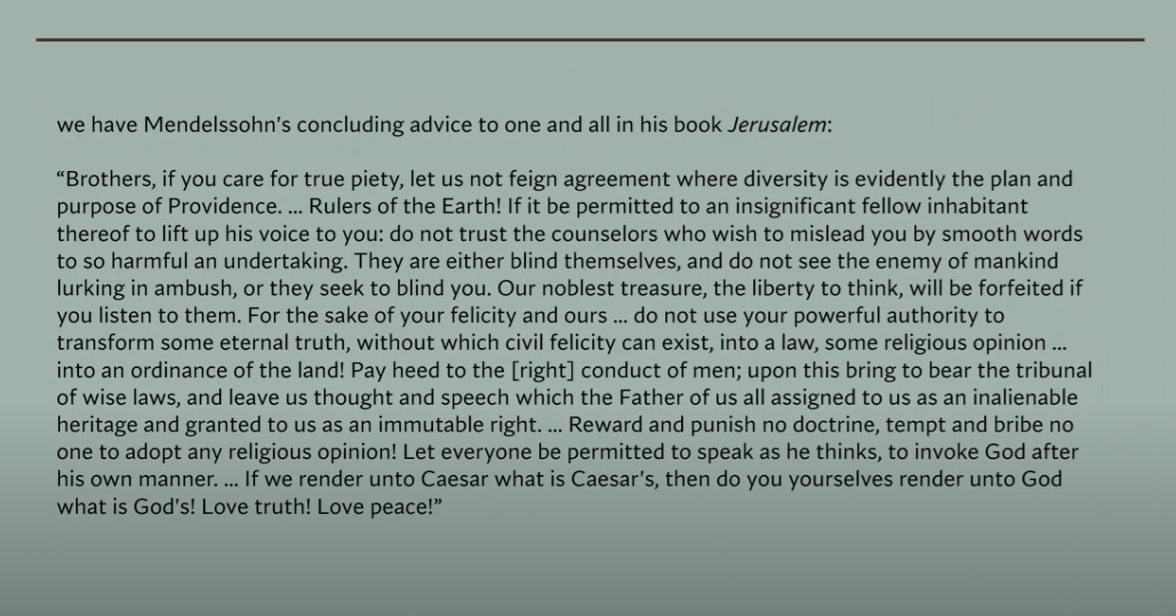
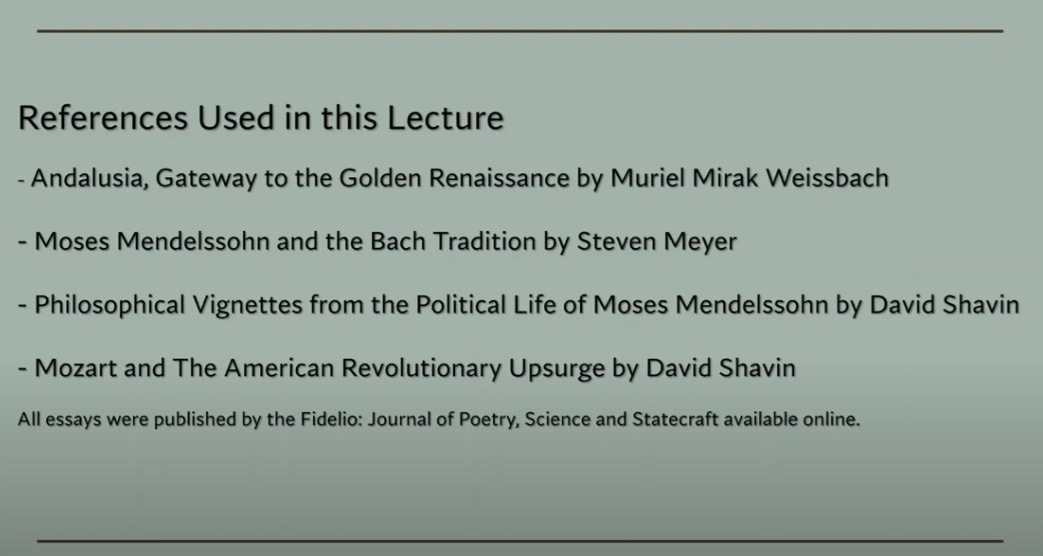
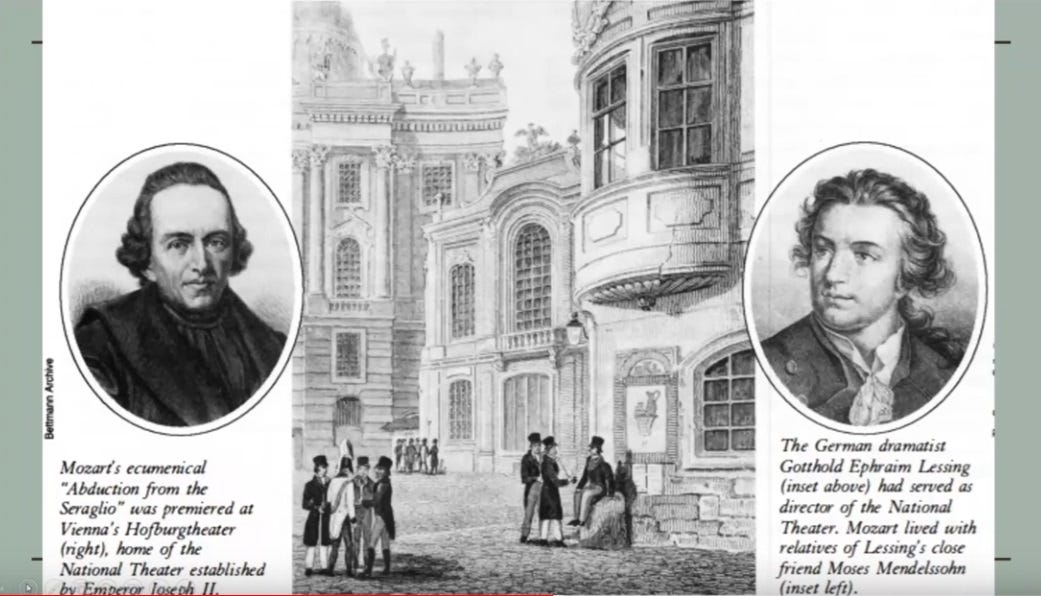
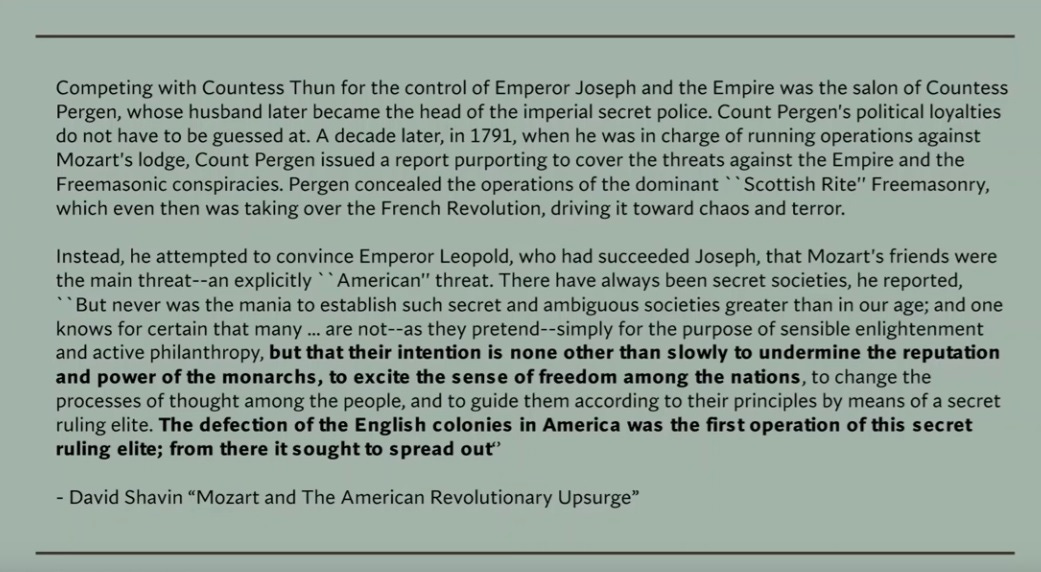
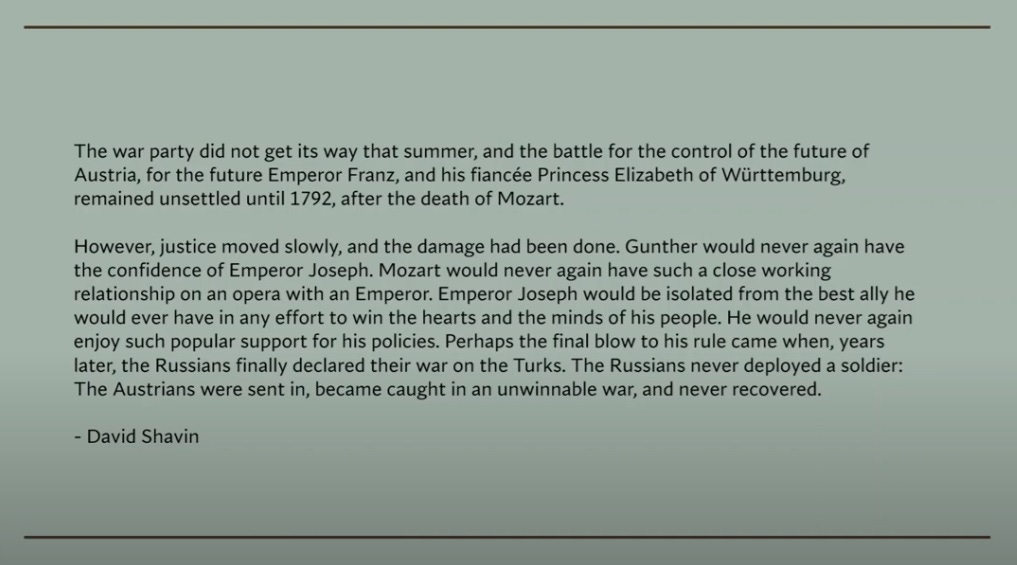
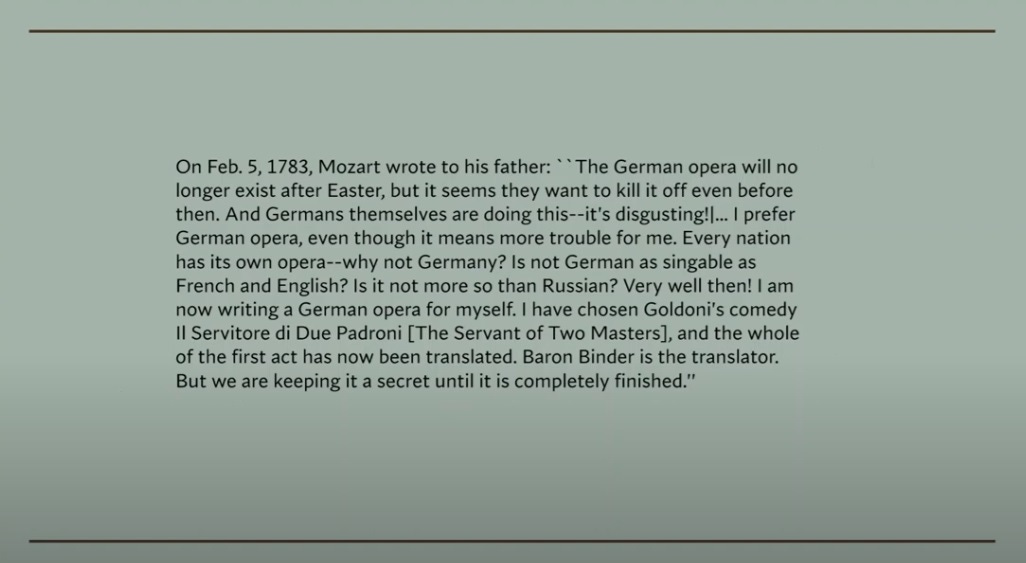
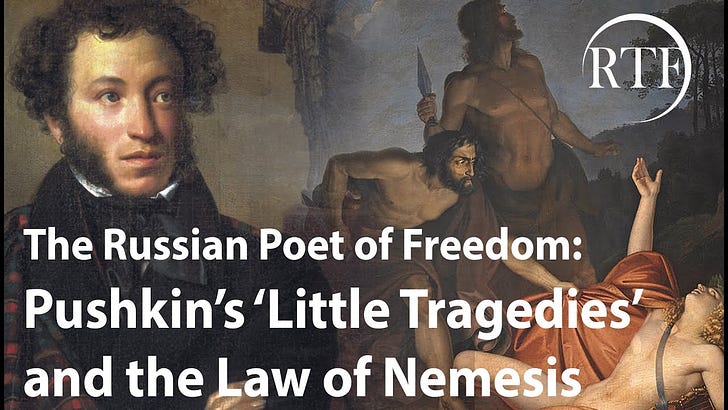
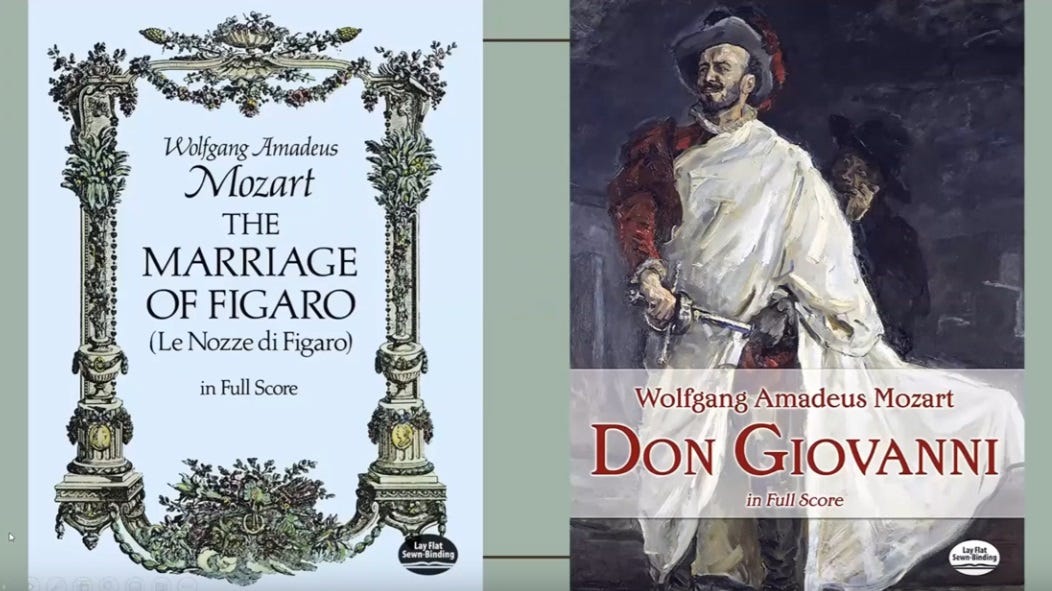
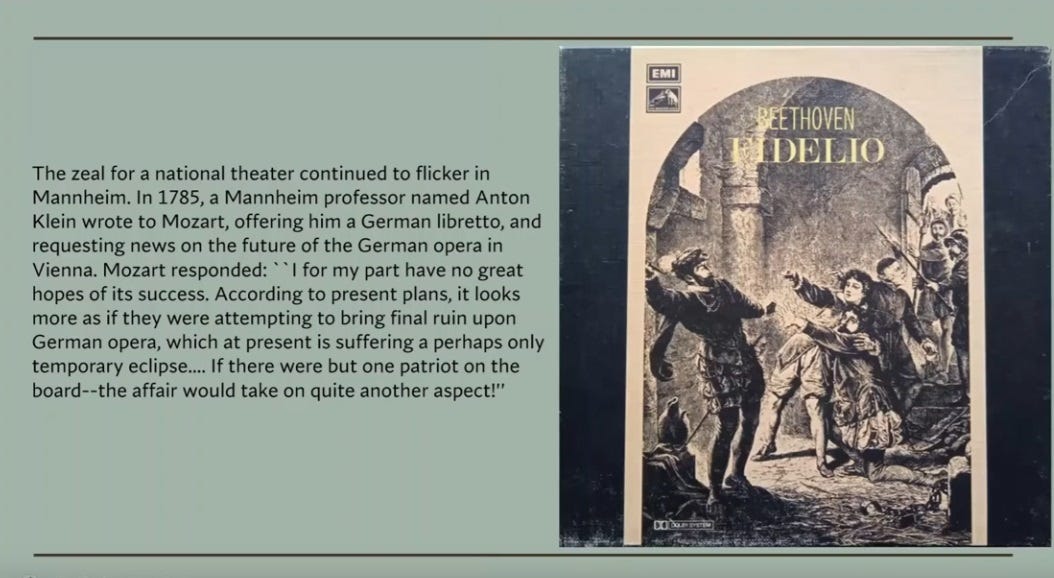
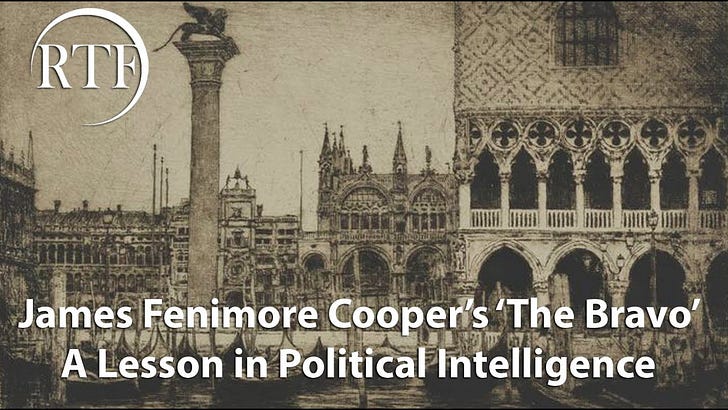
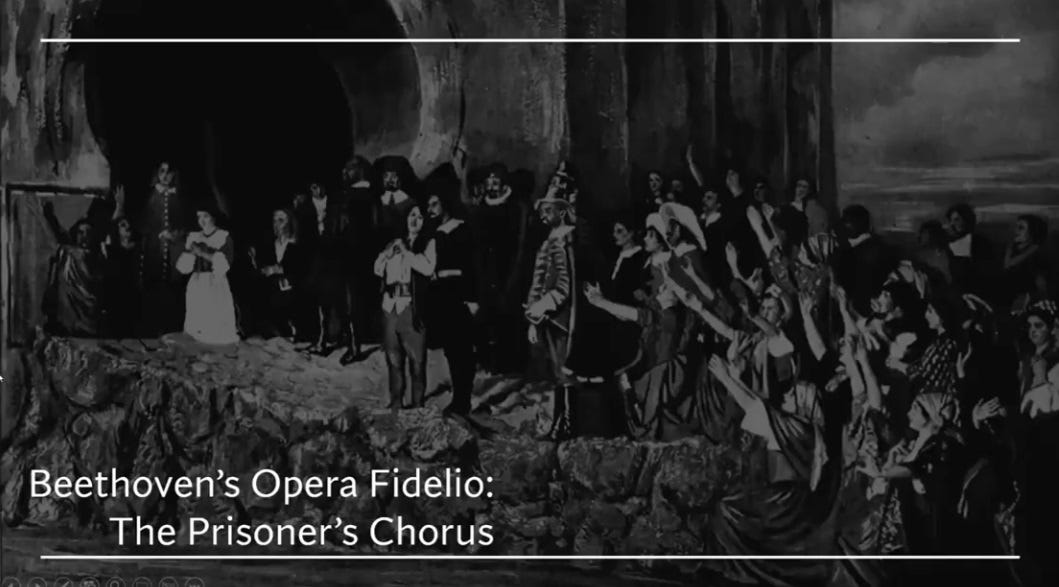
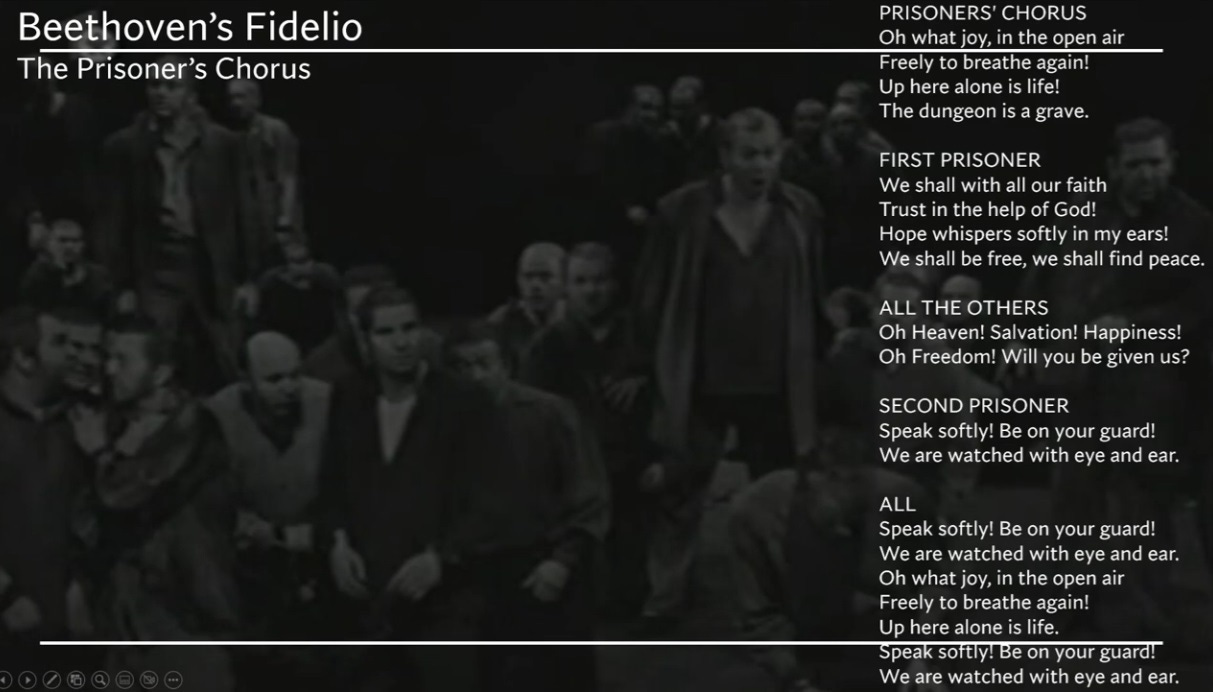
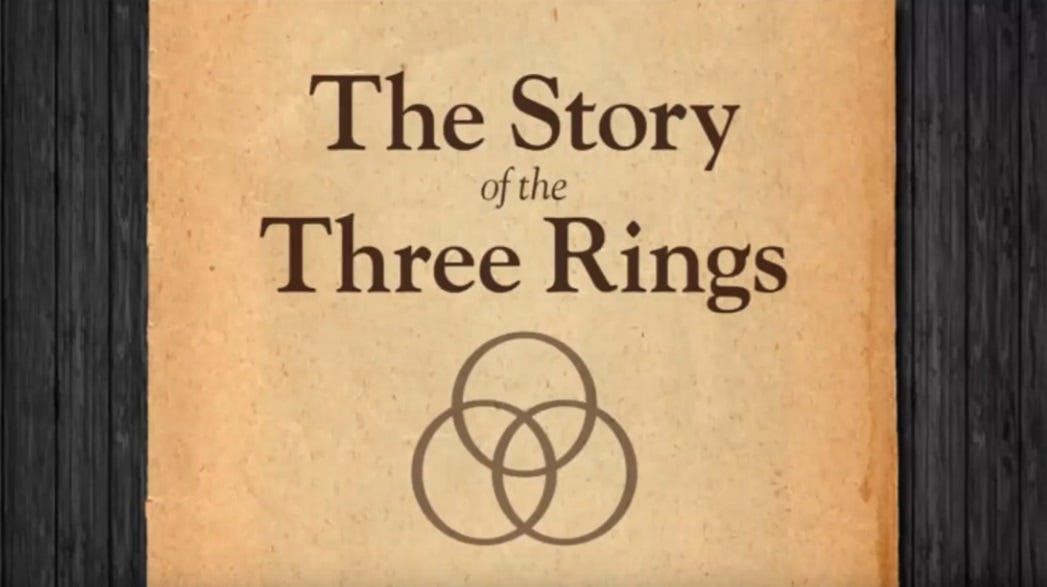
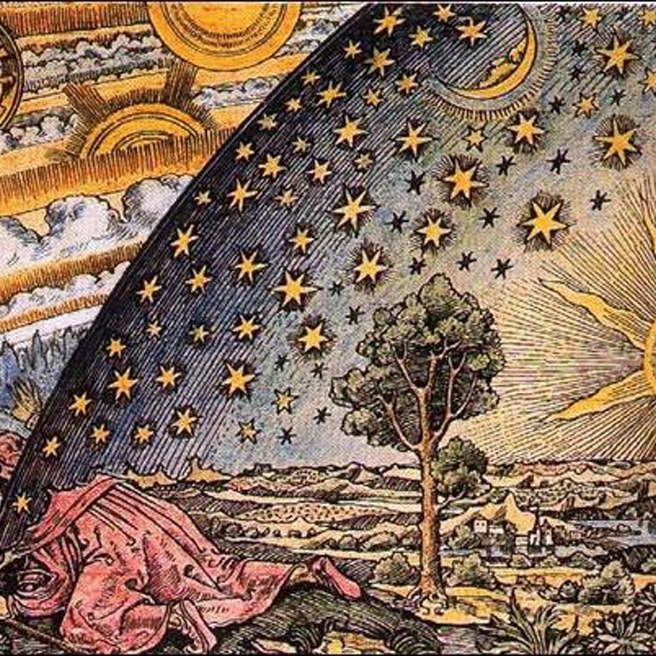
I have wondered lately if what the British Empire did was get ahead, sending out agents to study every culture and religion, reformulate some (Brahmo Samaj) to their liking, and then have cybernetic control over race and culture relations in a world that was already moving in that direction. That way they could choose the most divisive (divide and conquer) version of the future possible.
I have come to the realization that much of popular art has been co-opted by the globalists and there is very little resistance art that is allowed to flourish. I hope that more artists would realize they are being played and will be under the bus as soon as they are no longer needed and start batting for the citizens team instead of the globalists but it is few and far between and the conversions are often strange enough that I suspect chaos agents and deep undercover infiltrators.
You have probably left out much more than I will ever learn on this topic but it is interesting to read how the powerful and the peoples resistance has been at it since as far back as we can look.
Aaaargh.